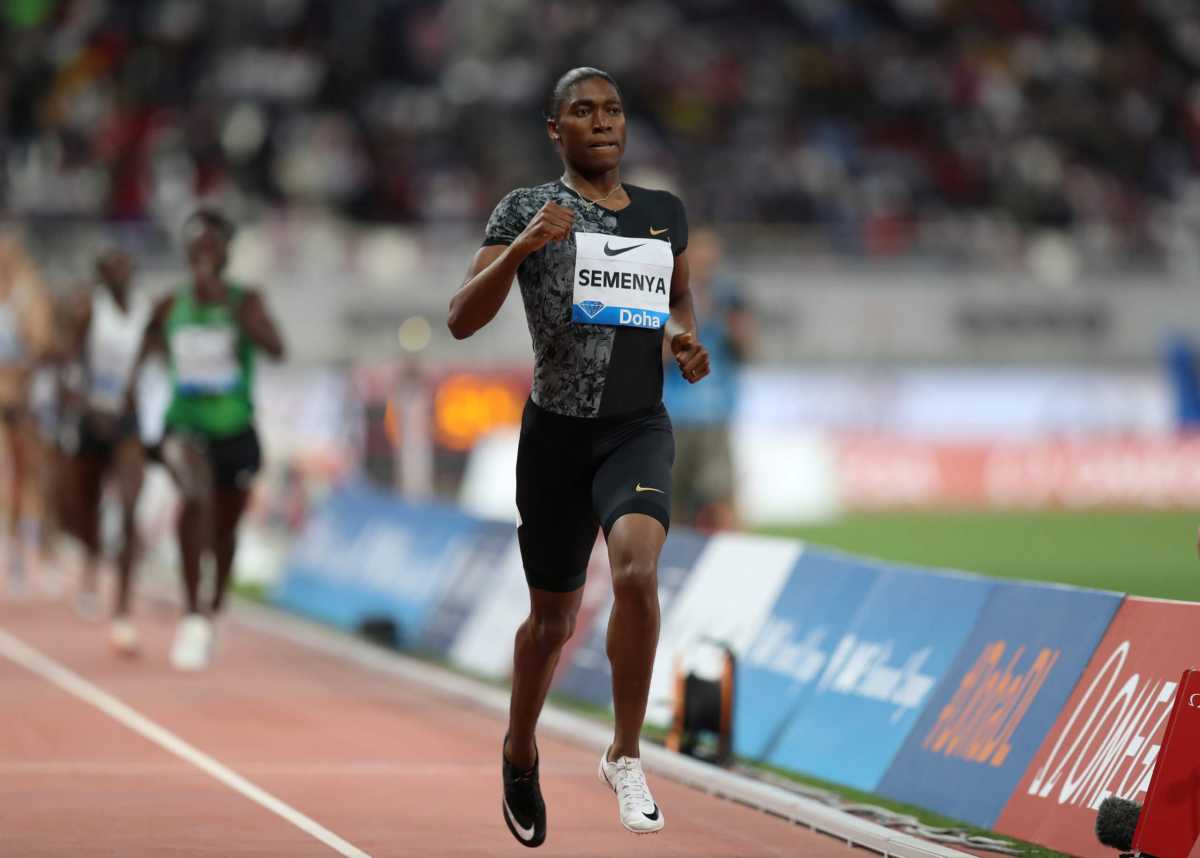Out lesbian South African Olympic gold medalist Caster Semenya lost her appeal of World Athletics’ testosterone rules in Switzerland’s Supreme Court on September 8 in a ruling that will likely prevent her from defending her 800-meter title at the Tokyo Olympics next year.
Semenya, 29, has put up a years-long legal battle against discriminatory physical regulations that have directly targeted her and the specific competitions she tends to participate in. She has long faced racism and invasive sex testing.
The latest legal fight stemmed from a 2018 announcement by the International Association of Athletics Federation (IAAF), which is now known as World Athletics, stipulating that new rules would require women athletes with naturally high levels of testosterone to reduce their testosterone levels in order to compete. Those new rules were implemented in races including the 800-meter competition, which she won during the 2012 and 2016 Olympics.
The rules have drawn criticism from the Office of the United Nations High Commissioner for Human Rights, which rejects the testosterone regulations.
Semenya has maintained that her testosterone levels are natural. However, under World Athletics’ rules, she would be forced to take medication to reduce her testosterone levels. Last year, Semenya lost her case in the Court of Arbitration for Sport (CAS), which admitted that the new rules discriminated against her but said “such discrimination is a necessary, reasonable, and proportionate means of achieving the legitimate objective of ensuring fair competition in female athletics in certain events and protecting the ‘protected class’ of female athletes in those events.”
The Swiss Supreme Court affirmed the CAS ruling on September 8, saying that the court had “the right to uphold the conditions of participation issued for female athletes with the genetic variant 46 XY DSD in order to guarantee fair competition for certain running disciplines in female athletics.”
“I am very disappointed by this ruling,” Semenya said in a written statement. “But I refuse to let World Athletics drug me or stop me from being who I am. Excluding female athletes or endangering our health solely because of our natural abilities puts World Athletics on the wrong side of history.”
Semenya is not giving up. She has floated the possibility of competing in the 200-meter competition at the Tokyo Olympics next year since it is not restricted by the same hormone rules. Semenya’s attorneys also noted that she is “considering all of her options internationally and domestically.”
To sign up for the Gay City News email newsletter, visit gaycitynews.com/newsletter.




































